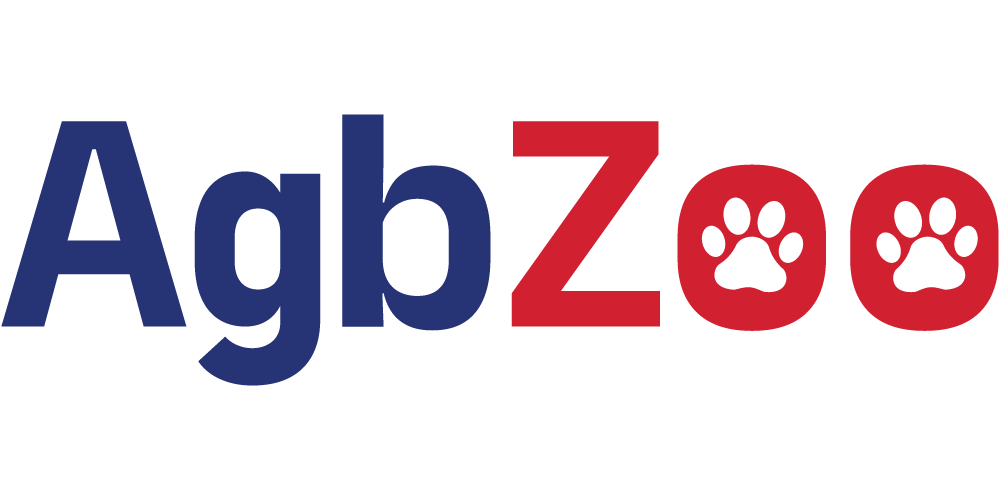- Wet food for adult dogs, used for kidney failure. 400g pack.
Save by buying more

no pork PURINA Pro Plan Veterinary Diets NF Renal Function 12x400g

no pork PURINA Pro Plan Veterinary Diets NF Renal Function 18x400g
PURINA Pro Plan Veterinary Diets NF Renal Function 400g - Product Description
PURINA Veterinary Diets NF Renal Function is a dietary food for dogs, low in phosphorus and limited in protein but high in quality, designed to support renal function in cases of chronic renal failure.It provides a complete, balanced food for adult dogs.
Composition
- Meat and products of animal origin
- Cereals
- Oils and fats
- Eggs and egg products
- Sugars
- Minerals
- Protein sources: liver, heart, corn, egg powder, rice, turkey
Composition analysis
- Moisture content 72%
- Protein 5,4%
- Total sulphur amino acids
- Fatty acids 7.6%
- Omega 6 fatty acids 1.2%
- Omega-3 fatty acids 0,1%
- Carbohydrates 12,9%
- Crude fibre 0,3%
- Calcium 0,22%
- Phosphorus 0.11%
- Potassium 0,45%
- Magnesium 0.03%
- Sodium 0.08%
- Sulphur 0.12%
Additives
- Vitamin A (830 IU/kg)
- Vitamin D3 (115 IU/kg)
- Vitamin E1 (24.1 mg/kg)
- [3b202] (0.46 mg/kg)
- Vitamin E4 (2.9 mg/kg)
- Vitamin E5 (4.2 mg/kg)
- [3b605] (58.8 mg/kg
Dosage
| Weight of dog | Weight reduction | Weight maintenance |
| 1-5 kg | ½ - 1 | ½ - 1⅔ |
| 5 - 10 kg | 1 - 1¼ | 1⅔ - 2⅔ |
| 10-20 kg | 1¼ - 2⅓ | 2⅔ - 4¼ |
| 20-30 kg | 2⅓ - 2¾ | 4¼ - 5½ |
| 30-40 kg | 2¾ - 3 | 5½ - 6 ⅓ |
| 40-50 kg | 3 - 3¼ | 6 ⅓ - 7¾ |
| 50 kg+* | 3¼ - 4 + | 7¾ + |
The manufacturer does not limit the size of the animal.
Additional information
Indications:
Renal failure.
Liver diseases associated with hepatic encephalopathy;
Early stage of congestive heart failure.
Hypertension.
Contraindications:
Diseases requiring an increased amount of protein or phosphorus.
Pregnancy, growth period.
NF also contains reduced calcium, vitamin D3 and urine-alkalising ingredients, which are recommended for patients with known oxalate lithiasis.
Reduced phosphorus content - Helps prevent the development of hyperphosphatemia and associated kidney damage.
Reduced but high protein levels - Reduces the formation of uremic toxins and the absorption of non-essential amino acids.
Reduced sodium content - Prevents hypernatremia at a time of reduced ability to regulate this element.
Source of omega-3 and omega-6 fatty acids - Help reduce hypertension in the glomeruli and minimise inflammation of affected kidneys (thereby reducing the risk of hypertension).
Non-acidifying urinary diet - Leads to a urinary pH of 6.7-7.1 when fed at will, which reduces the risk of acidosis and supports the therapy of oxalate lithiasis.
Desired urinary pH of 7.1 +/- 0.4.







